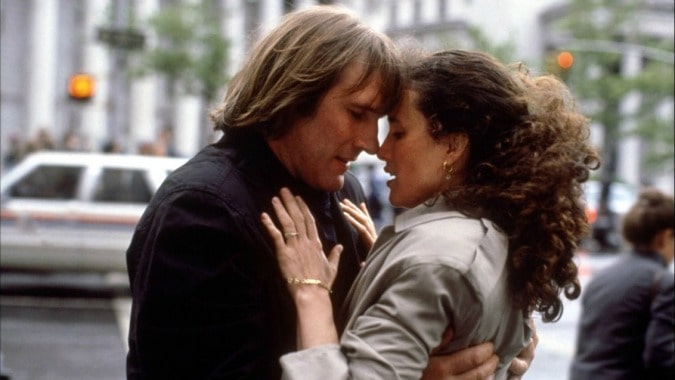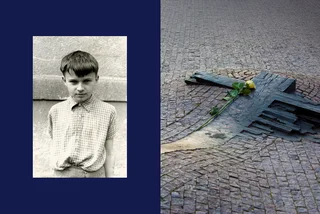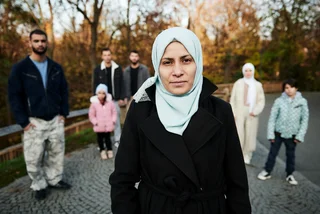Partnering with someone outside of your nationality can be difficult—you’ll never get each other’s pop-culture references, language differences can escalate even the most trivial argument, and unless you live in a third country one of you is always going to have the home-court advantage.
Making it official with a Czech, however, comes with its own particular set of challenges. Before you head down the aisle keep these things in mind:
An over-the-top proposal is not the norm
Not exactly a challenge, but if you have certain expectations you might be let down. Engagement isn’t traditionally a Czech custom, though in more traditional parts of the country asking the bride-to-be’s father for permission is considered proper etiquette. That said, the popularity of the engagement ring got a boost after the revolution as borders opened to globalization. Many couples, however, simply add a diamond solitaire to the wedding band.
Just like in the movies, you might get a visit from the love police
In the 1990 film, Green Card Gérard Depardieu and Andie MacDowell set up house in an effort to secure the Frenchman’s residency in the States. Those who marry a Czech will likely face a similar fate. No need to study up on your partner’s toothbrush color though – typically the foreign police interview a neighbor or two and may conduct a brief surprise visit to your home to check the authenticity of your culturally-crossed romance. See more on Czech marriage protocol here.
Paperwork will become an obnoxious third wheel
Anyone anywhere on the planet who has a foreign spouse can expect to deal with the immigration authorities, though in the Czech Republic bureaucracy can be particularly unpleasant. According to František Cihlář, a counselor at the Association for Integration and Migration, this is one of the biggest challenges faced by the marrieds he counsels. A lot of time, effort, and assertiveness is required to make your stay legal. And in the Czech Republic, the rules are changing. In July 2017, the country introduced legislation tightening the rules for foreigners, especially those seeking family-member status. See more on the Foreigners Amendment Act here.
Picking the family name won’t be easy
For non-Czech women marrying Czech men, naming requires some forethought. The looming question is whether or not to add the traditional –ová suffix to one’s married name—not a choice to be made lightly as not doing so means upsetting the gender-based system of the Czech language. Not only will you have to make this decision for yourself but, when you apply for your marriage license you will be asked to declare your future children’s surname. And if you want to hyphenate, note that your maiden name will follow your married name, in the Czech manner. See more on naming here.
Czechs have never shied away from extra-marital relations
From articles in women’s magazine doling out advice on how to conduct a secret affair to high-profile politicians who openly cavort with mistresses and see no real public backlash, and a literary and film tradition (Kundera, Klíma, Forman) portraying infidelity as a regular part of life behind the Iron Curtain, the Czech attitude toward sex outside marriage is well documented. Dr. Petr Weiss a clinical psychologist at the Sexology Institute in Prague tells us that, “In all areas to do with sex, Czechs are very tolerant.” And the numbers don’t lie: according to a 2017 poll, the Czech Republic came in as the country most accepting of extra-marital affairs.
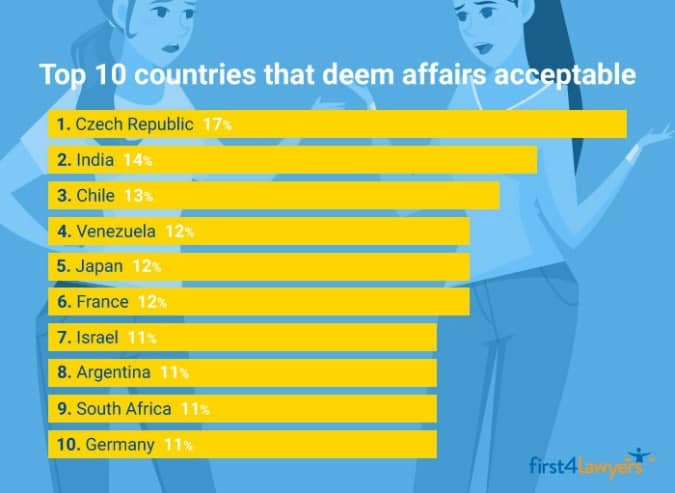
You’ll have some uncomfortable debates about race and religion
It goes without saying that in a country which is repeatedly named the most xenophobic in the EU (not to mention the most sexist) and boasts Europe’s largest population of atheists, you may encounter vastly different attitudes toward these hot-button issues depending on your country of origin. Evaluating shared values and beliefs before entering into a serious relationship is a must says Czech psychologist and marriage counselor Milan Polák who often treats mixed-couples faced with such conflicts.
Marriage counseling is still taboo for many Czechs
Entering into a cross-cultural relationship is fairly easy, sustaining one is another thing entirely. Polák says that many Czech people still think that counseling or psychotherapy is only for the mentally ill and are therefore hesitant to seek this kind of help. He says that some of the biggest issues mixed couples seek help for are conflicts with the traditionally overbearing Czech in-laws, as well as clashing parenting styles, and the expat partner’s inability to speak Czech. See more tips from Polák here.
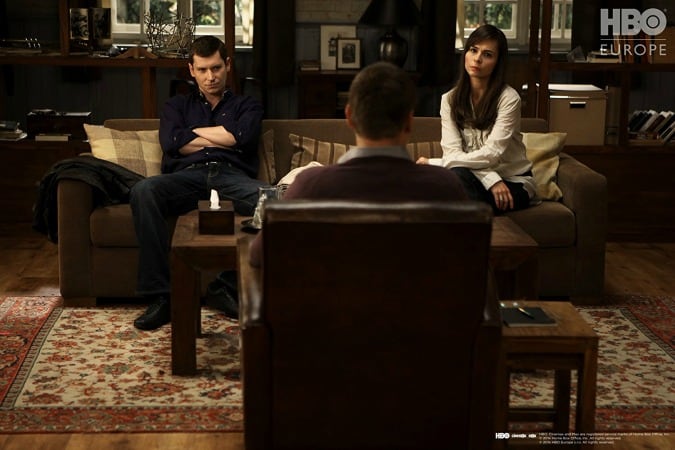
The Czech Republic has one of the highest divorce rates in the EU
Recent data from the Czech Statistical Office suggests that almost half of Czech marriages end in divorce. Divorce rates in the Czech Republic, typically among the highest in Europe, reached almost 47 percent in 2014 and 48 percent in 2015. The average Czech marriage lasts approximately 13 years. The most frequent reasons given for separations are a difference of character and adultery.
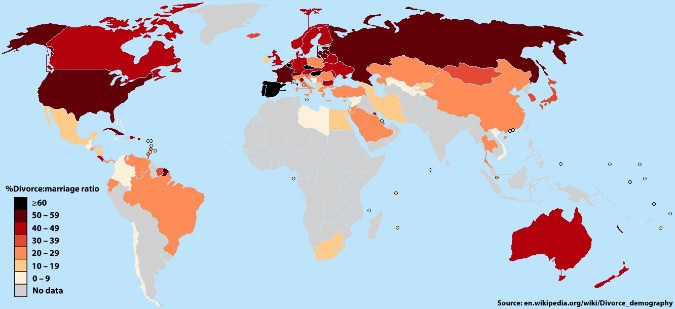
Parting advice from Polák to anyone about to take the plunge: “The longer two people live together, the less of an issue their cultural backgrounds become and the most important thing is how they grow together as a couple, creating a mutual identity. Starting an international relationship requires a lot of open-mindedness on both sides.”












 Reading time: 4 minutes
Reading time: 4 minutes 

